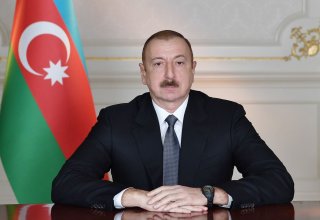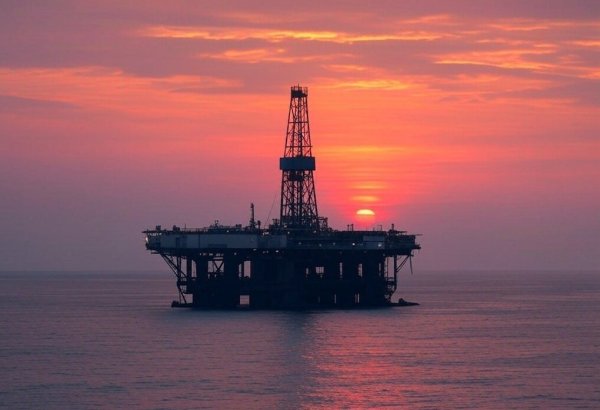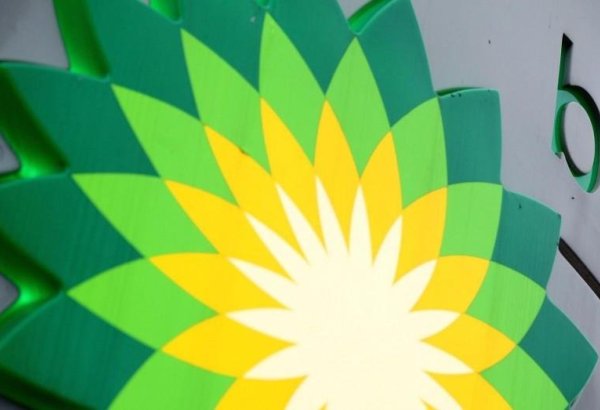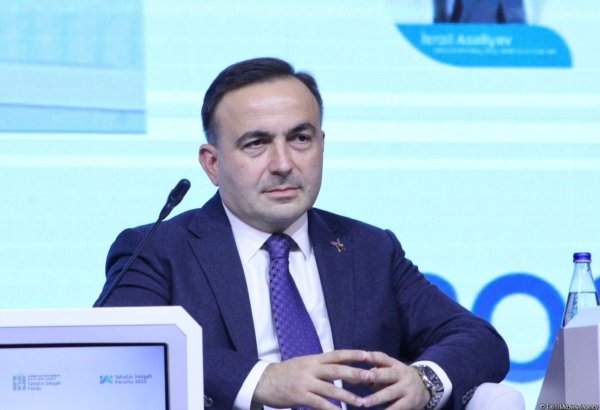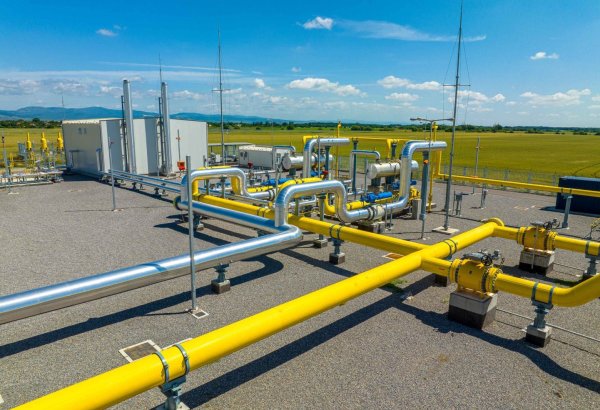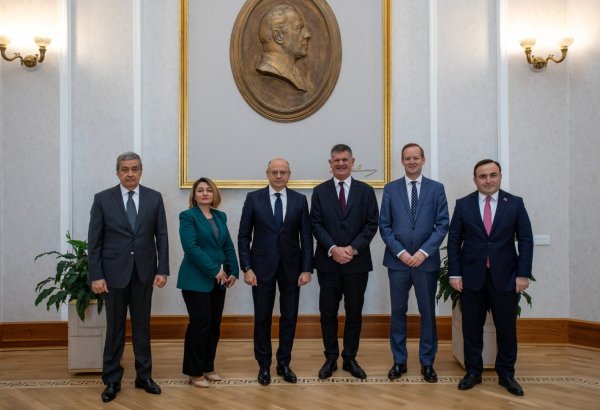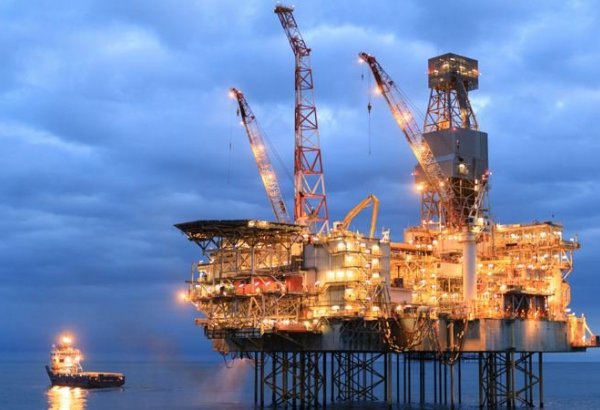BAKU, Azerbaijan, September 17. Total investments by the end of the first half of 2024 in the development of the Azeri-Chirag-Guneshli Deepwater Caspian Fields Block (ACG) amounted to about $45 billion, while the total production volume amounted to about 4.4 billion barrels of oil, of which more than 4.3 billion barrels were exported through the Baku-Tbilisi-Ceyhan oil pipeline, the publication of bp (the production operator) titled "From Vision to Value: 30 Years of ACG reads, TurkicWorld reports.
Meanwhile, this coming Friday (September 20) will be a milestone, as it marks the 30th anniversary of Azerbaijan putting pen to paper on its first international contract for hydrocarbon production - the deal for the development of the Azeri-Chirag-Gunashli (ACG) block of Caspian fields..
"Since gaining independence in 1991, Azerbaijan has opened its oil industry to foreign participation as a way of financing economic development and, through agreements with neighboring countries, contributing to regional stability and growth. The national strategy developed by the government culminated in the signing of the pioneering Production Sharing Agreement (PSA) on September 20, 1994 - a historic day for Azerbaijan," bp stressed.
The company recalled that the PSA on ACG, originally signed for 30 years, was extended in 2017 until 2050.
"Western multinationals' first substantial investment in a former Soviet country is the ACG development contract. The "Contract of the Century" Azerbaijan's first offshore production-sharing deal, the ACG contract, launched its new oil policy and established a legal framework for investors. Participating oil companies fund all field development costs and receive "cost recovery through oil" under the PSA. Companies and the Azerbaijani state share the remaining 'profit oil'," the publication stresses.
The ACG contract is governed by a Steering Committee, which approves the work program and specific project budgets for the Azerbaijan Operating Company for this block of fields (AIOC). The steering committee consists of representatives of SOCAR, the Azerbaijani government, and the participating foreign oil companies.
Current shareholders in the project are bp (30.37 percent), SOCAR (25.0 percent), MOL (9.57 percent), INPEX (9.31 percent), Equinor (7.27 percent), ExxonMobil (6.79 percent), TPAO (5.73 percent), ITOCHU (3.65 percent), and ONGCVidesh (2.31 percent).
Regarding the ACG block, this megastructure in the Caspian Sea, about 100 km east of Baku, comprises several productive horizons (reservoirs), including the "Balakhany VIII and X" and the upper and lower "Fasila", located at depths of 2,000 to 3,500 meters beneath the Caspian Sea.
The field has been developed in several phases: production at Chirag has been underway since 1997 as part of the Early Oil Project (EOP). This was followed by the Azeri Phase 1 - Central Azeri project, where production began in early 2005.
Subsequent Phase 2 included West Azeri, where production began in December 2005, and East Azeri, where production began in late 2006.
Phase 3 included the deepwater portion of Guneshli (from April 2008).
The project was followed by the establishment and operation of the West Chirag platform (the first oil from the platform was produced on January 28, 2014).
The latest ACG development project is the Central Azeri East (ACE) production platform, and this phase marked the receipt of the first oil from ACE on April 16, 2024.
"The ACE field block is currently producing around 336,000 barrels per day, and oil is exported to global markets mainly via the Baku-Tbilisi-Ceyhan (BTC) routes," bp said.
The company is confident that the 30-year successful cooperation between the ACG partners and the Azerbaijani government has demonstrated that foreign oil companies can work with the Azerbaijani government and SOCAR to jointly realize a world-class project including offshore production platforms, subsea pipelines, onshore storage, and exports to international markets. This has increased investor confidence and brought Azerbaijan international recognition as a location for successful business.
With the implementation of ACG, Azerbaijan has gained a growing role as a strategically important supplier of energy resources.
The ACG project has generated jobs for thousands of people and helped hundreds of local Azerbaijani companies to grow and become suppliers to the oil and gas industry.
This has led to the development of new professional skills and a significant improvement in the local business infrastructure, enabling the full realization of independent production of world-class offshore platforms in Azerbaijan.
"Today, 90 percent of the professional staff of bp-Azerbaijan (the operator of ACG) are Azerbaijani nationals. As part of national staff development, many of these employees have acquired high professional competence by taking up management positions in bp's offices in the UK, Iraq, Kuwait, Mauritania, Senegal, and other countries," the information concludes.











